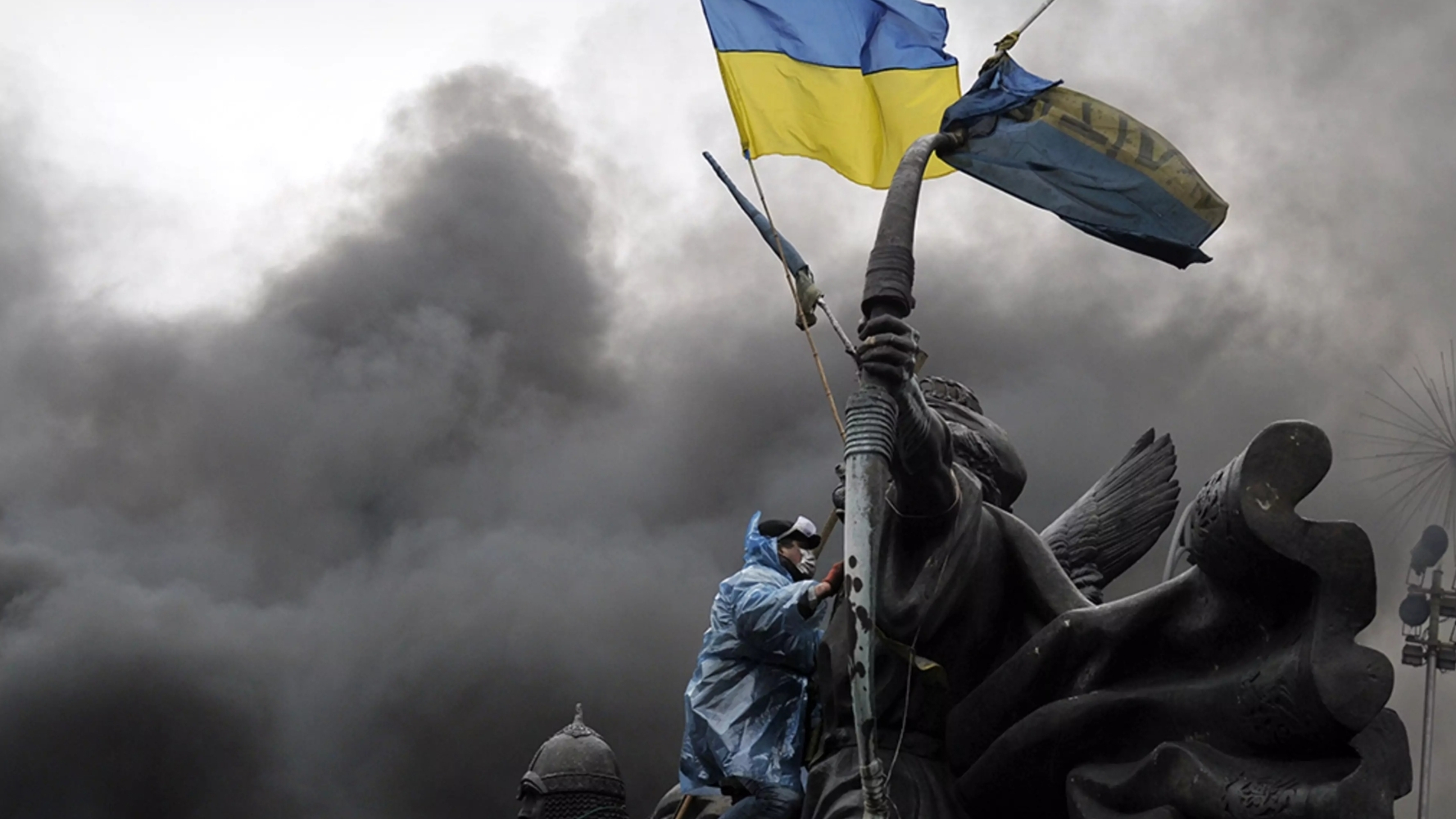Ukraine suffers from disputes between Poland and Germany. "Permanent irritation. Nothing is right"
Estimated reading time: 4 minutes
The German media are paying close attention to the impact of Polish-German tensions on the situation in Ukraine. "Der Spiegel" believes that Ukrainians will suffer the most as a result of disputes

Polish-German tensions on the situation in Ukraine
The German media are paying close attention to the impact of Polish-German tensions on the situation in Ukraine. “Der Spiegel” believes that Ukrainians will suffer the most as a result of disputes between the governments in Berlin and Warsaw.
For the weekly “Der Spiegel”, the starting point for deliberations on the state of Polish-German relations and their impact on Ukraine is the recent visit to Poland of the German Defense Minister, Boris Pistorius. On this occasion, the head of the German Ministry of Defense insisted on clarifying the open issues related to the location of the Leopard tank repair center for Ukraine in Poland. According to the German side, Polish concerns have exorbitant financial claims – we read in the portal of the weekly “Der Spiegel”.
“Relations between Warsaw and Berlin are not the best at the moment. This is not an open dispute over specific issues, but rather an unhealing permanent irritation. Poland and Germany are in the EU and NATO, they have basically the same policy towards Ukraine, but there is nothing between the two partners is not right. It is not known what the status of these relations is,” write Jan Puhl and Christoph Schult.
Criticism of Germany as an element of the PiS genetic code
“The critical attitude towards the Germans belongs to the ideological genetic code of the ruling right-wing PiS party. Germans want to be a hegemon in Europe, and they have not accounted for their guilt for World War II, that is the (Polish) objection in short,” the authors explain.
The dispute over the tank repair center will probably be resolved soon, but such “ambiguous misunderstandings” are a problem in times of war. If the two largest countries in the East, the EU and NATO, fail to reach an agreement, the Ukrainians may suffer, warn Puhl and Schult.
In their opinion, Pistorius may be pleased that Błaszczak appeared in public with him. During his February visit to Warsaw, the German politician had to answer journalists' questions himself. “In the national conservative PiS party, it is completely unpopular to appear with Germans,” a former Polish diplomat told reporters.
“Der Spiegel” admits that Poles have many reasons to be critical of Germans. The authors recall the Molotov-Ribbentrop Pact and German war crimes. They emphasize that the fight against Germany was raised by the communists to the rank of raison d'état. The Polish opposition broke with this attitude in 1989. Polish oppositionists understood that the condition for full liberation from Soviet oppression was the unification of Germany.

Germany as dangerous as Russia
Right-wing nationalist parties like PiS have broken with an open attitude towards Germany. Their geopolitical credo is that Poland is threatened from the East by imperial Russia, and from the West Germany is attacking Polish independence.
“From the point of view of some PiS ideologues, Germany poses a greater threat than Russia,” Dietmar Nietan told Spiegel. They believe that Germany is undermining Polish identity by using the EU for this purpose. “The anti-German card is a decisive trump card in the Polish-Polish cultural war,” explains Nietan, the German government's plenipotentiary for contacts with Poland.
German faults
The German side is not blameless for the current crisis, German journalists say. “We are dealing with an asymmetry of attention,” says the German ambassador to Poland, Thomas Bagger. “Germany is a point of reference for many Poles, while for many Germans, Poland is just one of many neighbors” – explains the diplomat.
The agreement between Poland and Germany, in the face of the threat from Russia, is of key importance. “Poland sometimes tries to gain importance at the expense of Germany. However, progress is possible only when we act together” – reserves Bagger.



